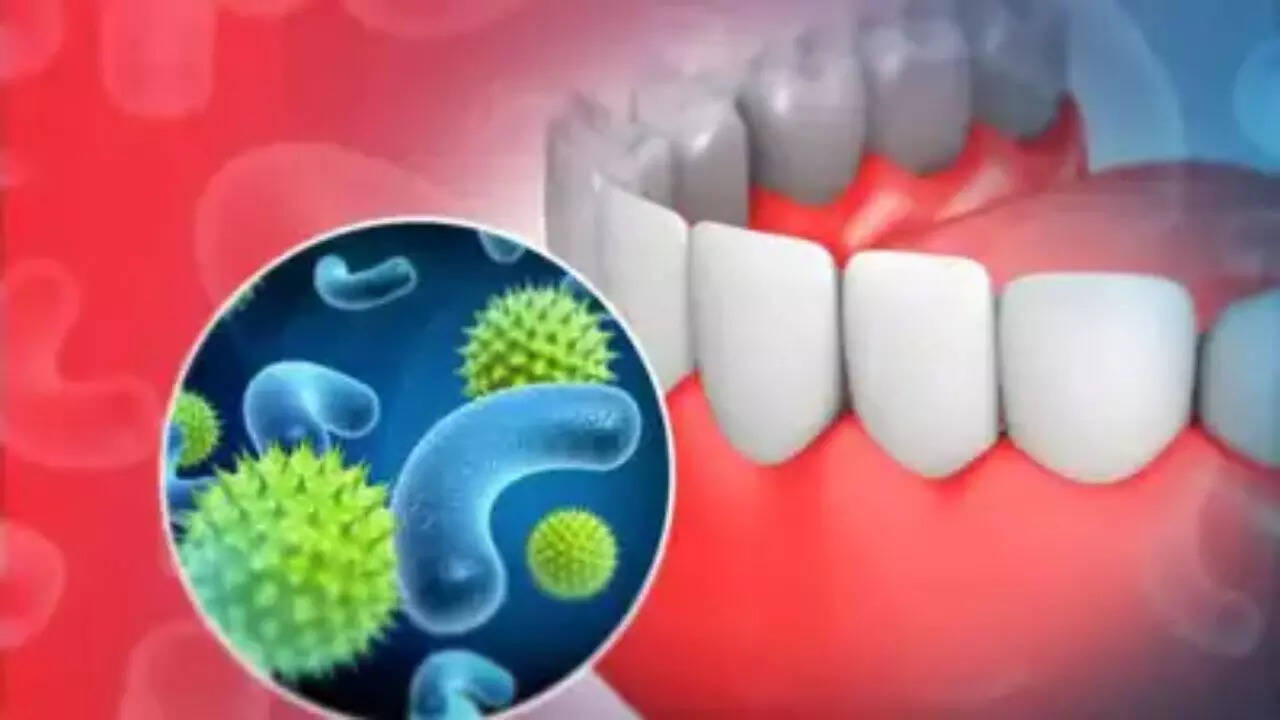The Creatine Hair Loss Debate: Separating Fact from Fiction
Creatine, a widely used supplement for boosting athletic performance, is often surrounded by myths and misconceptions. One persistent concern revolves around its potential link to hair loss. Let’s delve into the science and separate fact from fiction.
Some studies have shown a correlation between creatine supplementation and increased levels of DHT (dihydrotestosterone), a hormone linked to male pattern baldness. A 2009 study, for instance, noted this increase. However, it’s crucial to understand that correlation doesn’t equal causation. No large-scale, conclusive study has definitively proven that creatine directly causes hair loss.
The reality is that genetic predisposition plays a far more significant role in hair loss than any single supplement. Your family history is a strong indicator of your risk. If baldness runs in your family, you might be more susceptible, regardless of creatine use.
If you’re concerned about the potential impact of creatine on your hair, the best course of action is to consult a dermatologist. They can assess your individual risk factors and provide personalized advice.
While various forms of creatine exist, creatine monohydrate is generally considered the safest and most effective option. For healthy individuals, creatine is widely considered safe and beneficial when used as directed.
In summary, while some studies show a link between creatine and increased DHT, the evidence doesn’t support the claim that creatine directly causes hair loss. Your genetic predisposition and overall health are far more influential. Always consult a healthcare professional before starting any new supplement regimen.




